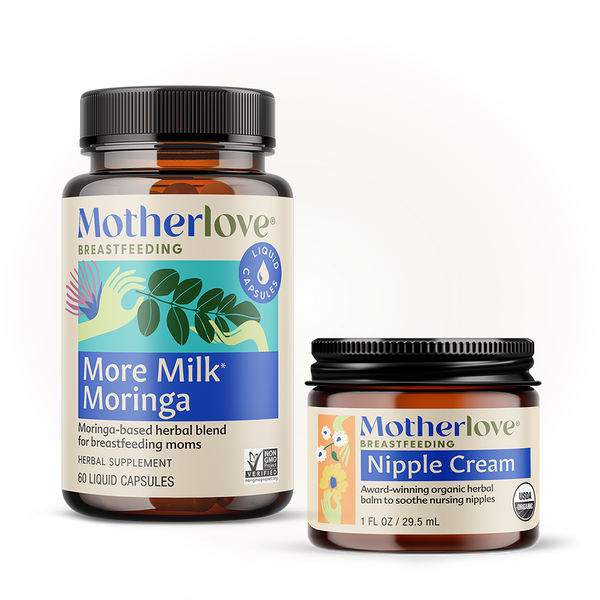Written by: Rebekah Clark
The inaugural World Breastfeeding Week (WBW) was in August of 1992 with the focus of Baby Friendly Hospital Initiative. World Alliance for Breastfeeding Action (WABA) is the organization behind WBW and was formed in 1991, the day after Valentine’s Day. WABA collaborates with WHO and UNICEF, agreeing that breastfeeding is a human right of mothers and children. Each year, WABA promotes a focus for World Breastfeeding Week, such as The Baby Friendly Hospital Initiative, The First Hour, and Exclusive Breastfeeding: The Gold Standard.
HOW IT STARTED
In 1989, WHO and UNICEF released a joint statement titled “Protecting, Promoting and Supporting Breastfeeding: The Special Role of Maternity Services.” The statement outlined the benefits of breastfeeding—infant and maternal health, environmental sustainability, and accessibility. WHO and UNICEF outlined actionable steps for nations to change the community perception of breastfeeding and increase cultural support for moms who choose to breastfeed. In 1990, UNICEF wrote the Innocenti Declaration, committing to protect and support breastfeeding by addressing social norms, workplace regulations and providing adequate education for mothers. The doctrine recognizes that breastfeeding is a critical element of holistic wellness for mothers and children, protecting their physical health and promoting their mental health. Breastfeeding provides ideal nutrition for children in the first two years of life, and it also is foundational in long-term health and wellness into adulthood. For the mother, breastfeeding lowers the risk of breast and ovarian cancer and decreases the chances of developing postpartum depression.
WHERE CAN MOMS FIND SUPPORT DURING WORLD BREASTFEEDING WEEK?
Annual themes, or celebrations, for World Breastfeeding Week, are intended to raise awareness about certain factors that inhibit success in exclusive breastfeeding. Some examples are listed below, not in any particular order:
1. The Baby Friendly Hospital Initiative
The Baby Friendly Hospital Initiative was created to provide hospitals with a framework to support moms and babies form positive breastfeeding habits right from birth, to set them up for a long-term breastfeeding relationship. Hospitals that implement the 10 Steps to Successful Breastfeeding are awarded the Baby Friendly Certification. The 10 steps include training staff in breastfeeding implementation, giving infants no food or drink other than breast milk unless medically indicated, giving no pacifiers or artificial nipples, and providing community support for breastfeeding mothers.
2. The First Hour
The First Hour drives home the message that the first hour after birth is critical in initiating breastfeeding and that it is a vital step for reducing infant and under-five mortality.
3. Exclusive Breastfeeding: The Gold Standard
Exclusive Breastfeeding: The Gold Standard focuses on the widely-known health benefits of exclusively breastfeeding over mixed or full supplemental feeding. Health benefits that breastfed infants enjoy are decreased infections, lower incidence of allergies, and greater cognitive function.
Motherlove promotes World Breastfeeding week and supports breastfeeding moms, but more importantly, we support all moms. Whether you choose to breastfeed or not, we believe that every mother deserves a village and that we can be a part of it. Maternal health is important too, and for some, that means choosing not to breastfeed. Whatever you choose, it is your choice!




